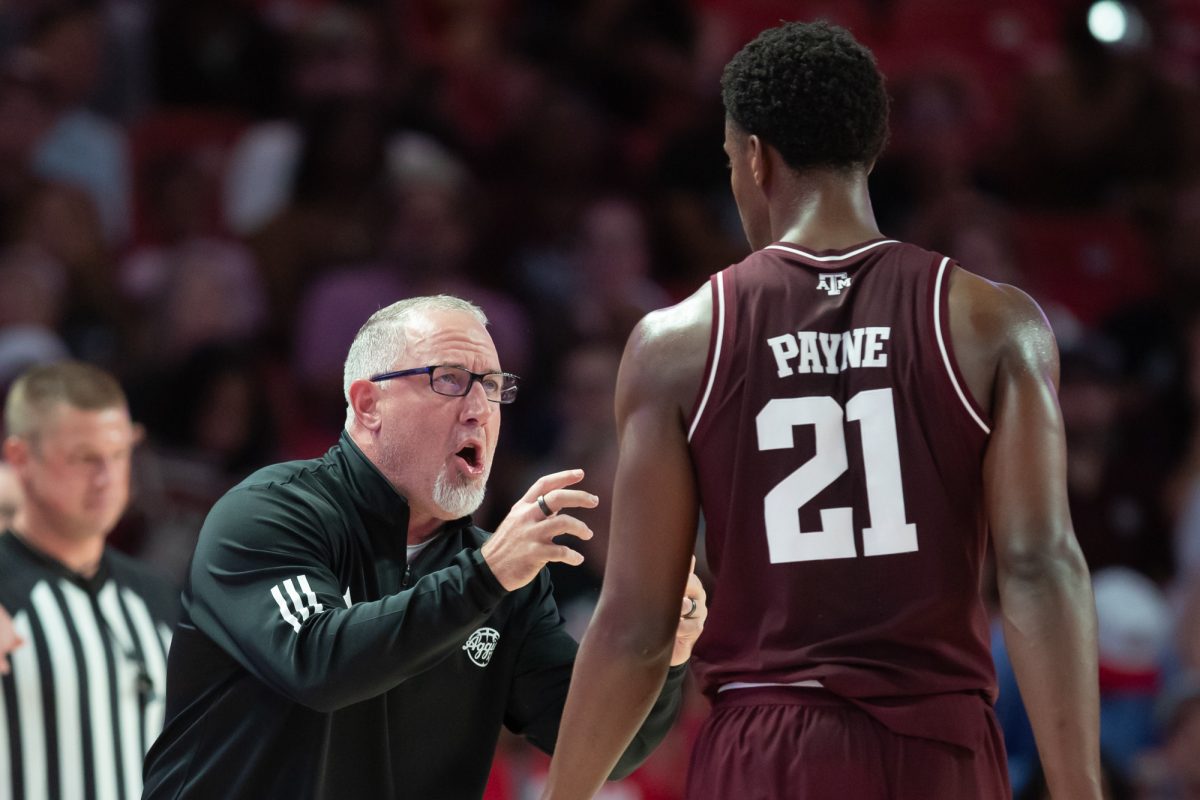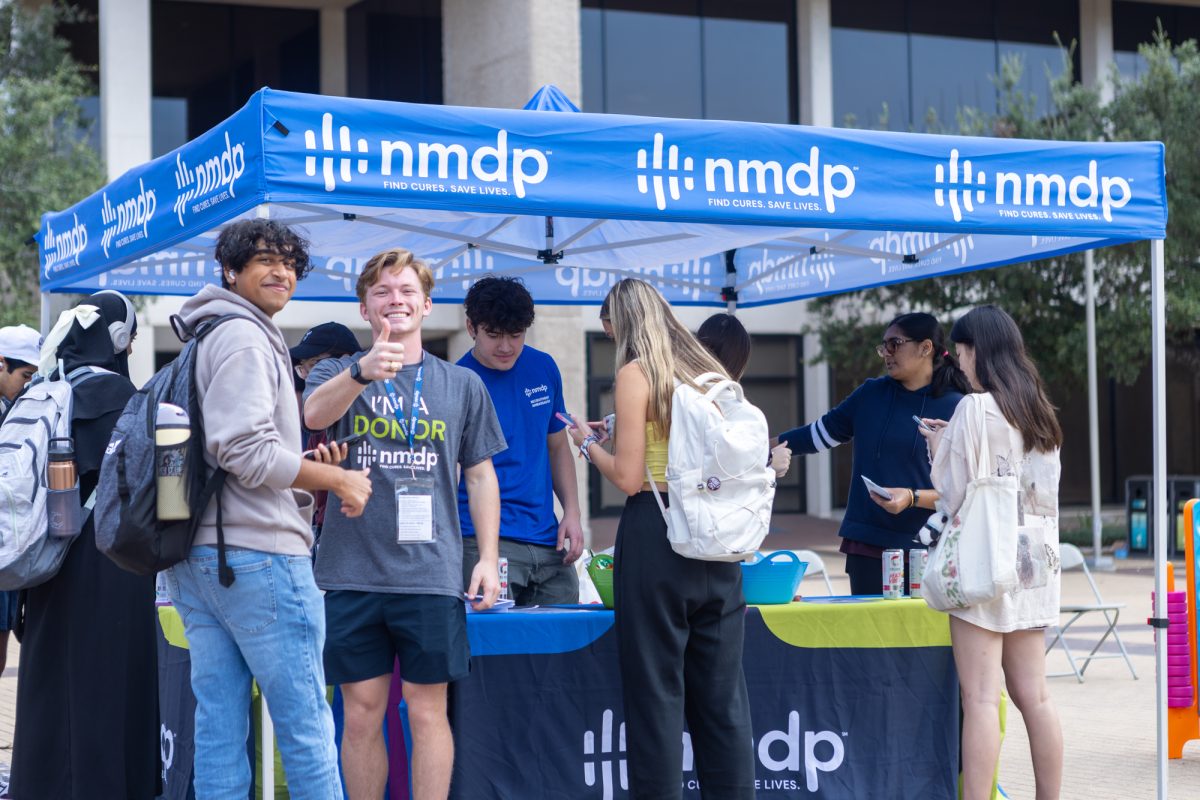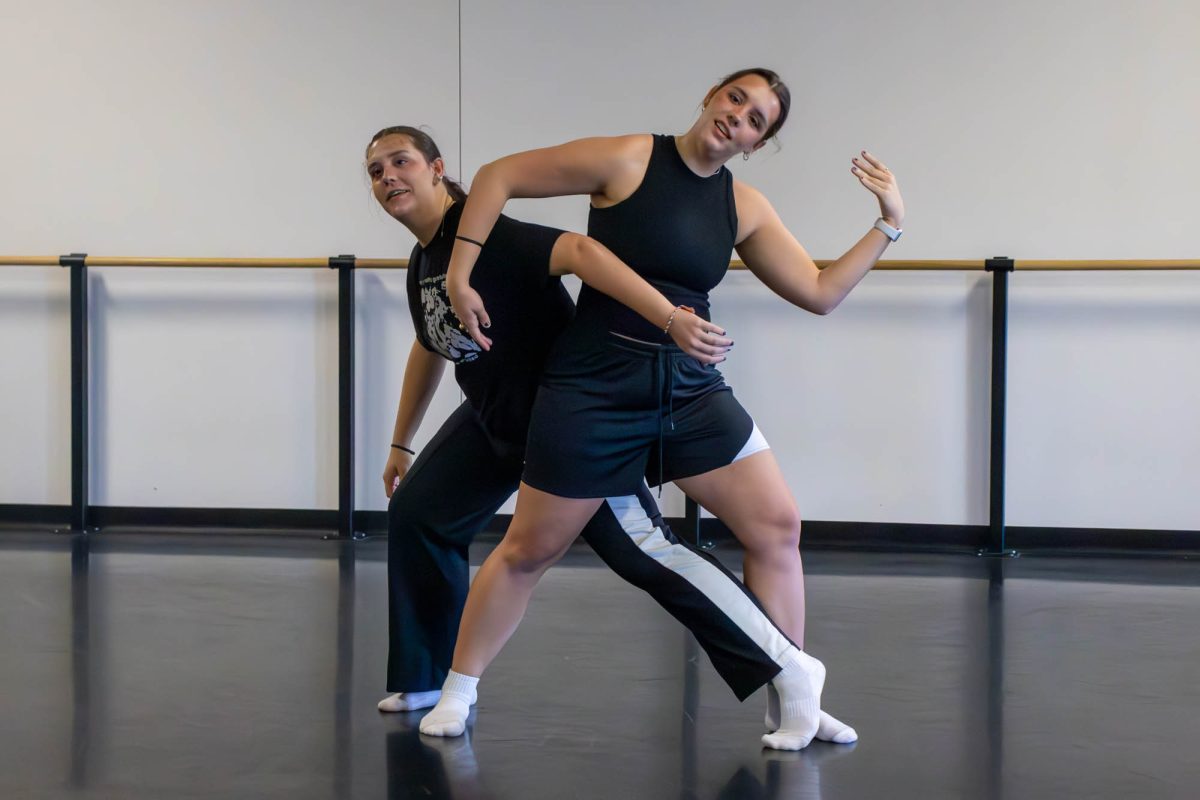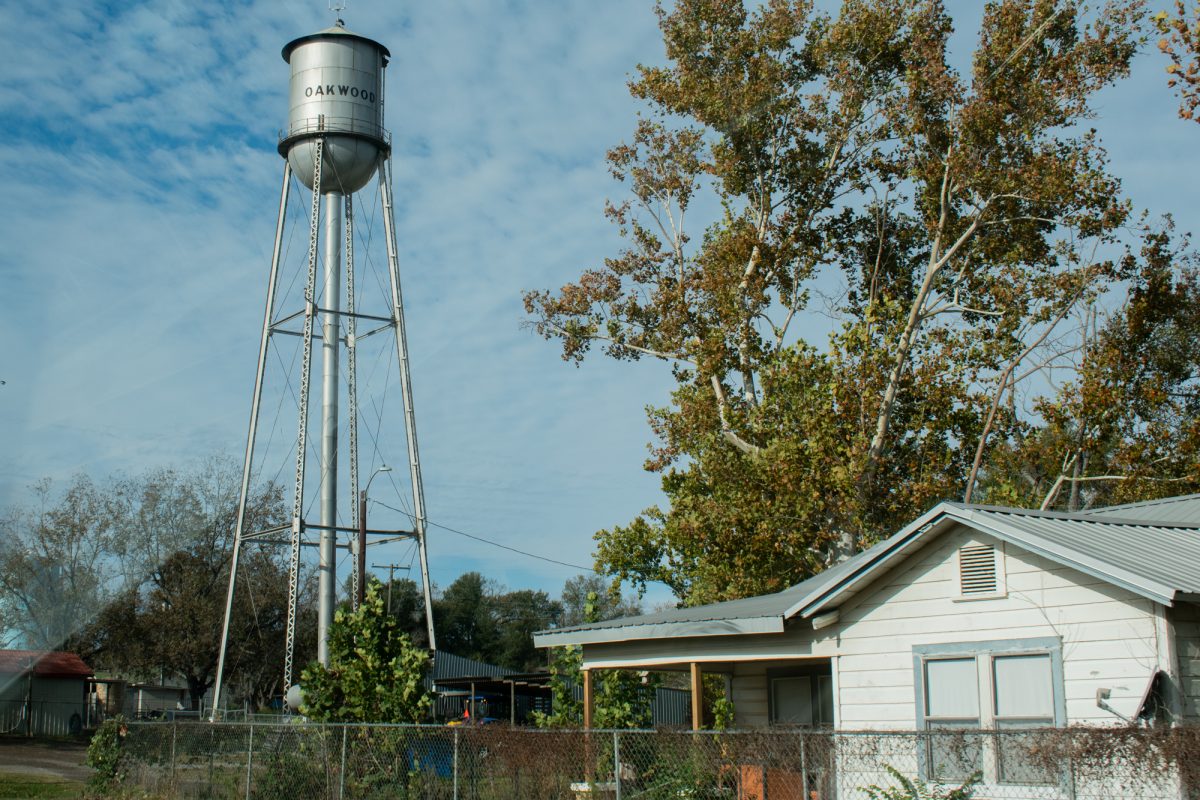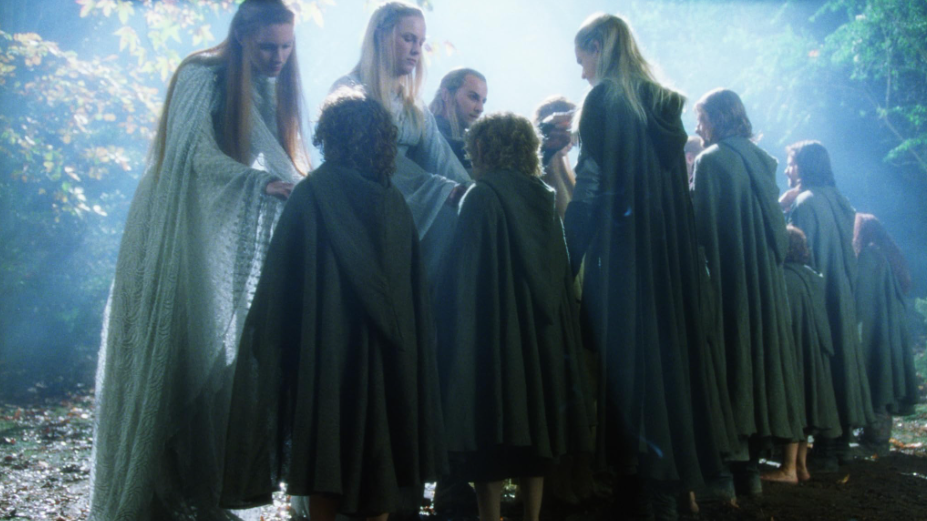What do Aggies think about mushrooms?
Following news of a clinical trial at UTHealth Houston to test psychedelic mushrooms on patients with treatment-resistant depression, three Aggies were asked about Texas A&M mental health resources and their opinions on psilocybin as a possible treatment for depression.
All three Aggies interviewed said they either knew of someone struggling with mental health or they were struggling themselves. Only two said they could list a specific mental health resource available at A&M.
Since beginning college, 70% of college students admitted to struggling with mental health, according to a report administered by U.S. News/Generation Lab in March 2024. Only 37% of these students reported searching for their college’s mental health resources.
Working in a psychologist’s office, psychology senior Katie Underwood said she has come to know college students who are seeking help for anxiety and other mental health issues.
“I know a lot of people who have similar issues, and I have anxiety as well,” Underwood said. “So I understand a lot of what they’re going through. If [psilocybin] is something that people think can help, then absolutely. I say try it, especially if it is a more natural approach. But since it is a natural approach, we do need to be careful with that and not let people use it in a wrong way.”
There are college students who get overwhelmed with coursework and find themselves struggling with classes, which stresses them out, public health junior Adrian Gutierrez II said.
“I am aware of a few resources offered here at A&M, like University Health Services, but I haven’t tried to reach out,” Gutierrez said.
Biomedical sciences junior Kevin Umoche said he is vaguely familiar with various mental health resources at A&M.
“There’s like this peer counseling thing, I’m pretty sure,” Umoche said. “I don’t know about it, but I’m pretty sure I read about it somewhere.”
UTHealth Houston is currently in search of volunteers to test the effects of psychedelic mushrooms, or psilocybin, on patients with stubborn depression cases, according to a Sept. 4 article in the Houston Chronicle. The psilocybin treatment will be administered with what is described as “extensive therapeutic sessions,” in which a patient will be given a psilocybin tablet and then be monitored by a trained therapist throughout a six-hour session, according to the article.
As someone who said she struggles with depression and has tried psychedelic mushrooms before, nutrition sophomore Halle Ousley said she thinks mushrooms are great. Ousley said she would be completely open to being part of a clinical trial for psilocybin therapy.
“I think it’s a great resource that we have that we need to hone in on and use,” Ousley said.
Two doses of psilocybin administered with supportive therapy produced large and stable antidepressant effects throughout a 12-month follow-up period for 24 participants who completed a clinical trial, according to the Journal of Psychopharmacology.
Communication sophomore Tessa Grant said she was already familiar with some of the studies on psilocybin therapy.
“A lot of my family lives in Mexico,” Grant said. “People are more naturalistic there, and I’ve heard a lot about it — so it seems cool that people are researching it.”











